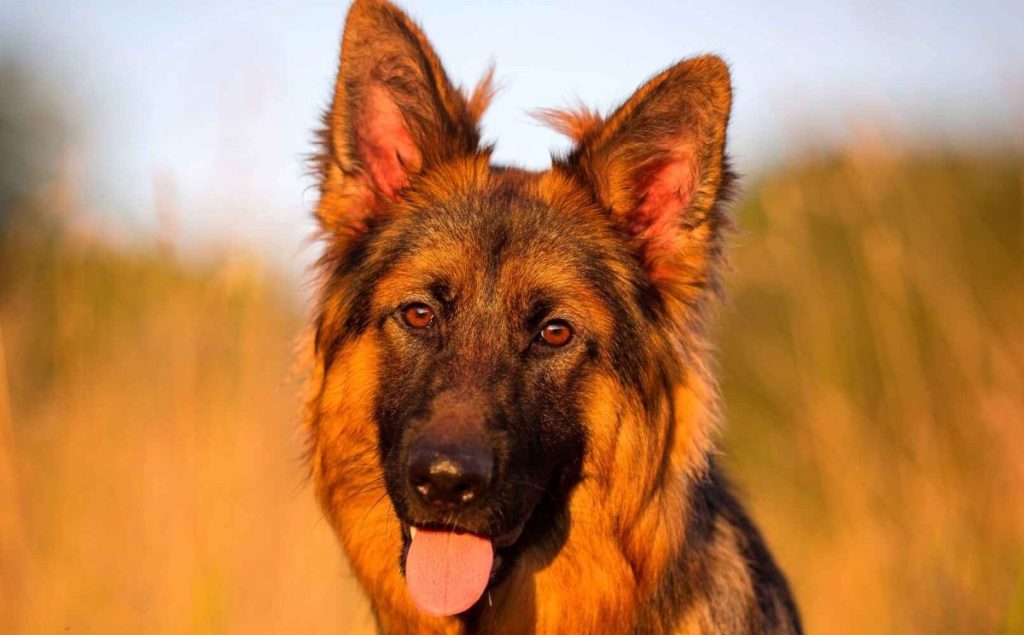The Shiloh Shepherd is a large, intelligent, and loyal hybrid breed. Because of their unique ancestry, they are highly compatible with families and respond well to training. Additionally, their gentle personality makes them excellent service dogs or therapy dogs. At first glance, they may appear somewhat wolf-like or even resemble a larger, fluffier German Shepherd. The Shiloh Shepherd has a combination of a…





